A Breakthrough in Veterinarian Medicine

The purpose of orthobiologic medicines is to grow, repair or replace damaged cells within the body (Bogers 2018). The means of α2M protease inhibition has been referred to as the “trapping” mechanism. A short, unique segment of amino acids near the middle of the polypeptide chain acts as a “bait” region, which is vulnerable to cleavage by most proteases. After a protease cleaves the “bait” region, conformational changes in the α2M molecule are triggered— springing the “trap” — resulting in entrapment of the protease molecule. (Barrett 1973) Trapping the protease molecule produces two important results: the protease molecule is sterically hindered from accessing its substrate and the receptor binding site on each α2M monomer is exposed, enabling those molecules containing protease to be bound and cleared via phagocytosis— unbound α2M is not cleared from the site (Rehman 2013).
The mechanism of action suggests that — in addition to inhibiting protease activity — α2M supplementation beyond endogenous levels may inhibit osteoarthritic cartilage degradation in vivo by decreasing cartilage catabolic and inflammatory factors (Wang 2014). α2M may offer a useful therapeutic approach to the management of osteoarthritis by reducing gene expression of specific classes of proteases involved in cartilage matrix degradation and favoring its repair (Kobayashi 2005).
If you are interested in learning more or would like to find an associated veterinarian in your area, please contact us here.
Barrett AJ and Starkey PM. The interaction of Alpha2-Macroglobulin with proteinases. Biochem J 1973;133:709-724.Bogers S. H. (2018). Cell-Based Therapies for Joint Disease in Veterinary Medicine: What We Have Learned and What We Need to Know. Frontiers in veterinary science, 5, 70. https://doi.org/10.3389/fvets.2018.00070.
Kobayashi M, Squires GR, Mousa A, et al. Role of interleukin-1 and tumor necrosis factor in matrix degradation of human osteoarthritic cartilage. Arthritis Rheum. 2005;52(1):128-135.
Rehman A, Ahsan H, Khan F. Alpha2-Macroglobulin: a physiological guardian. J Cell Physiol 2013;228:1665-1675.
Wang S, Wei X, Zhou J, et al. Identification of Alpha2-Macroglobulin as a master inhibitor of cartilage-degrading factors that attenuates the progression of posttraumatic osteoarthritis. Arthritis Rheumatol 2014;66:1843-1853.
